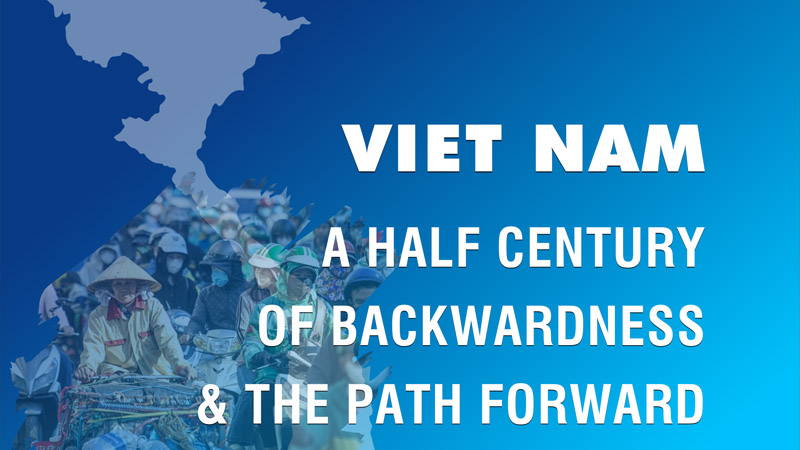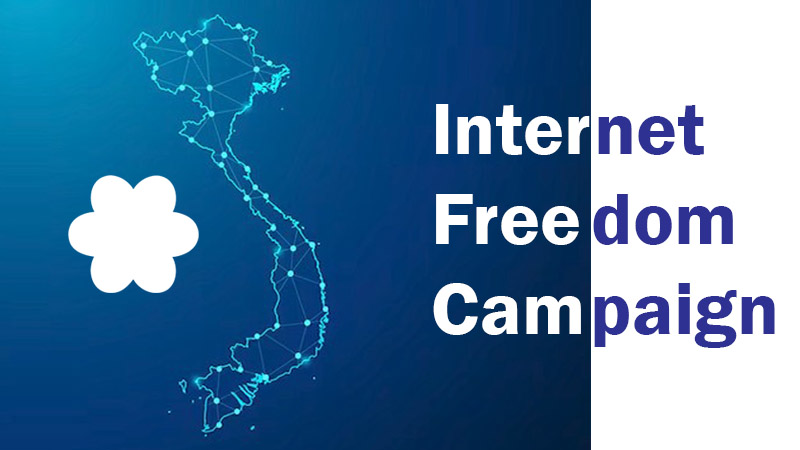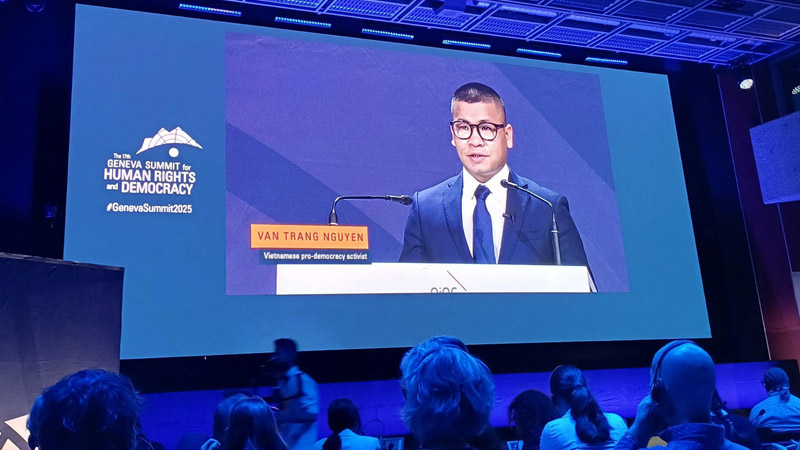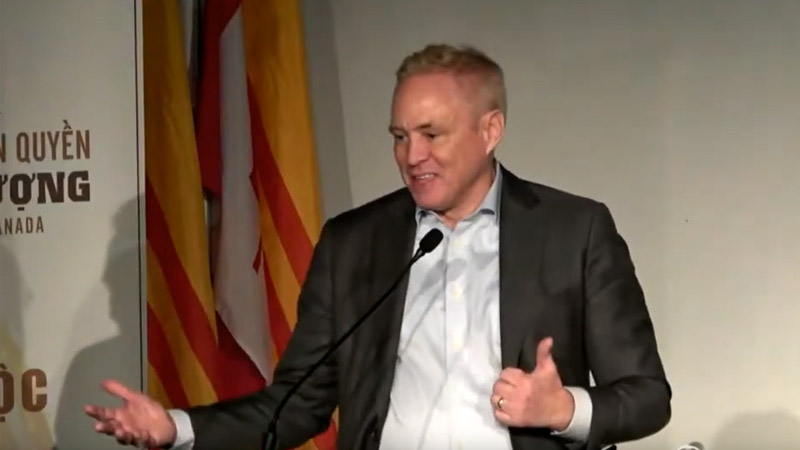February 3, 2011
The Mubarak government this week pulled the plug on Egypt’s internet connections to the outside world in a desperate effort to stop popular opposition from boiling over. While the role of social media in catalyzing civic resistance is widely debated, most would agree that Facebook, Twitter and YouTube empowered activists in Egypt, Tunisia and beyond.
Avatar of the Facebook group “A million signatures to protest Vietnamese ISPs blocking FB” In Vietnam, has the government unwittingly prompted civil disobedience by ordering Internet Service Providers (ISPs) to block Facebook? While protest movements in Vietnam have been growing, participation has generally been limited to a few thousand pioneers attending sit-ins or backing online petitions against bauxite mining.
Since the renewed restrictions on Facebook in December 2010, unprecedented numbers of Vietnamese netizens have banded together.
A Facebook group called “A million signatures to protest Vietnamese ISPs blocking FB” has attracted nearly 50,000 members. The group proclaims:
“Everybody has the right to choose the social networks that they want to use. Join us in supporting Vietnam’s Facebook community!”
Another group with around 4,500 members takes the name “If you elders block FB, we youths will climb over the walls and create cracks to enter.”. The comments posted on this group’s discussion board contain indignation and tips on circumvention.
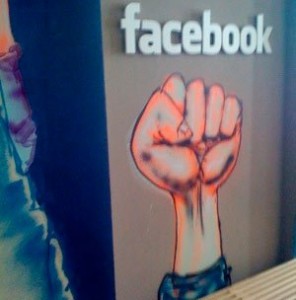
According to a local participant with the alias Losgi Athenford:
“Keep on blocking Facebook and more people will want the pleasure of circumventing the block.”
Interestingly, one group called “The Association of 1 million signatures opposing the Facebook block” has incorporated the word “association” in its name. This represents a blurring of cyberspace and offline Vietnamese society where freedom of association is still strictly curtailed. This web association currently has 35,000 members. They insist that “if FB is blocked entirely, we pledge not to use the government-run social networks.”
A cursory examination of the profile pictures of people belonging to Facebook protest groups in Vietnam indicates a very youthful demographic. This is not surprising given Vietnam’s young population in general and the typical age of social network aficionados.
Facebookers in Vietnam have generated a lot of witty cartoons and graphics. Many have displayed Facebook protest art as their own profile picture.
According to Trinh Nguyen, an editor of the No Firewall Blog which promotes circumvention techniques and digital security:
“The Vietnamese authorities are setting themselves up for failure by restricting social networking sites. Such restrictions will only encourage a new generation of political dissidents. Many people who believe they have a right to chat with their friends are really upset by government censorship and will do everything possible to jump the firewall.”
A YouTube video, created shortly after the Facebook block in Vietnam first went into affect in November 2009, encourages Vietnamese to demand their ISPs bring Facebook back. This video, featuring overseas Vietnamese celebrities, has gone viral.
By filtering access to Facebook, it appears the Vietnamese government has confirmed the law of unintended consequences: Tens of thousands of Vietnamese have gathered in public squares online to demonstrate against government censorship.

